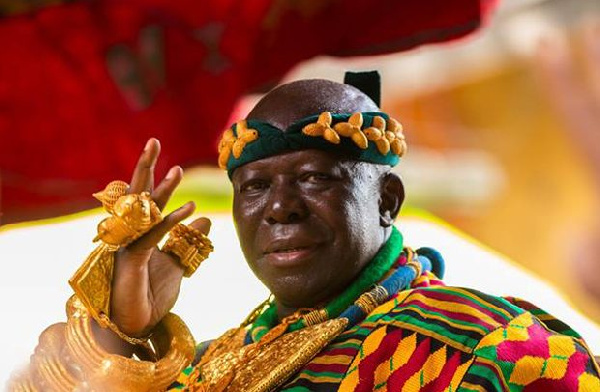 Official flag of the Ashanti Kingdom
Official flag of the Ashanti Kingdom
In the vibrant annals of Ashanti history, the narratives of remarkable personalities stand as pillars, shaping the destiny of the Ashanti Empire and leaving an indelible mark on the pages of time.
Various individuals, through their courage, leadership, and vision, have significantly contributed to the growth and expansion of the Ashanti Kingdom which has been around since the 13th century.
We profile below five key personalities of Ashanti history.
King Osei Tutu (1660–1717): The unifier
At the dawn of the 18th century, King Osei Tutu emerged as a visionary leader whose legacy reverberates through the centuries.
Renowned for his diplomatic acumen and strategic brilliance, Osei Tutu orchestrated the unification of the Ashanti clans.
In 1701, he forged a historic alliance with Okomfo Anokye, a powerful spiritual leader, establishing the Ashanti Confederacy.
This unification laid the foundation for the mighty Ashanti Empire, a testament to Osei Tutu's statesmanship and the beginning of an era marked by strength and cohesion.
Okomfo Anokye (1655–1717): Spiritual architect of the Ashanti Kingdom
In the mystical realm, Okomfo Anokye, the high priest and spiritual advisor to King Osei Tutu, played a pivotal role in the empire's inception.
Anokye's legendary feat of planting the "Golden Stool," the sacred symbol of Ashanti unity, is etched in history.
His spiritual guidance and mystical prowess solidified the empire's foundation, creating a bond that withstood external pressures and internal challenges.
The spiritual legacy of Okomfo Anokye endures in the rites and rituals of the Ashanti people.

Ohemaa Yaa Asantewaa (c. 1840–1921): The Warrior Queen

In the early 20th century, when the Ashanti Kingdom faced the threat of British colonial rule, Yaa Asantewaa emerged as a symbol of resistance and resilience.
Faced with the imminent loss of the Golden Stool and the sovereignty of the Ashanti people, Yaa Asantewaa fearlessly led the Ashanti-British "War of the Golden Stool" in 1900.
Her bravery and determination rallied the Ashanti forces against the British, leaving an indomitable mark on Ashanti history and inspiring generations to come.
Otumfuo Opoku Ware II (1919–1999): A Modern Visionary

In the 20th century, Otumfuo Opoku Ware II ascended to the throne, bringing a modern vision to the Ashanti Kingdom.
A monarch of profound wisdom and foresight, he navigated the challenges of a changing world while preserving the cultural heritage of the Ashanti people.
His reign saw the Ashanti Kingdom evolve as a dynamic entity, embracing education, technology, and diplomatic engagements.
Otumfuo Opoku Ware II's leadership exemplified the harmonious blend of tradition and progress.
Otumfuo Osei Tutu II (born 1950): A Contemporary Custodian

Currently reigning as the 16th Asantehene, Otumfuo Osei Tutu II continues the legacy of his forebears.
His reign has been characterized by a commitment to sustainable development, education, and cultural preservation.
Otumfuo Osei Tutu II advocates for peace, both within the Ashanti Kingdom and beyond, fostering unity among diverse communities.
As a custodian of tradition and a proponent of progress, he stands as a bridge between Ashanti's rich heritage and the challenges of the 21st century.